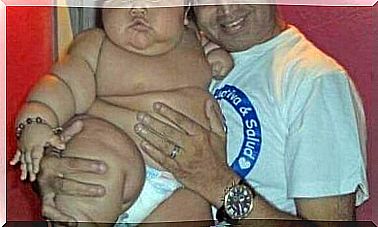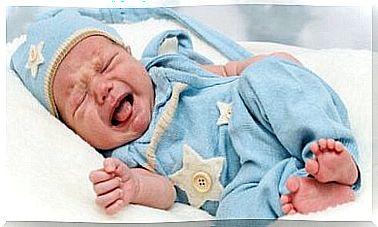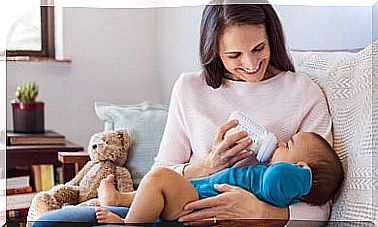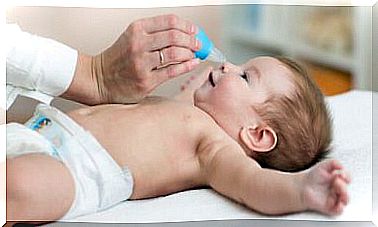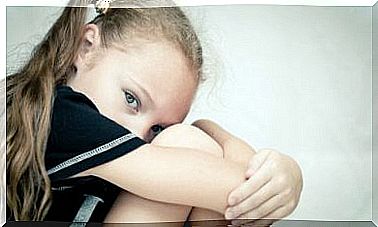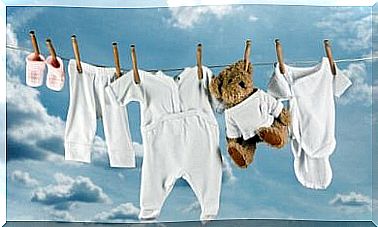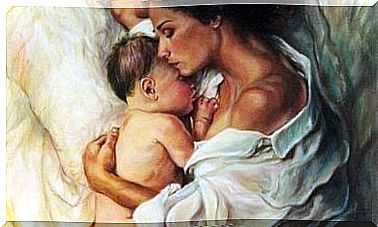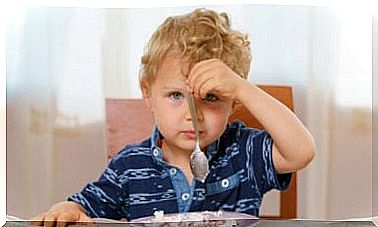Baby’s Blood Group: What Blood Group Will It Have?
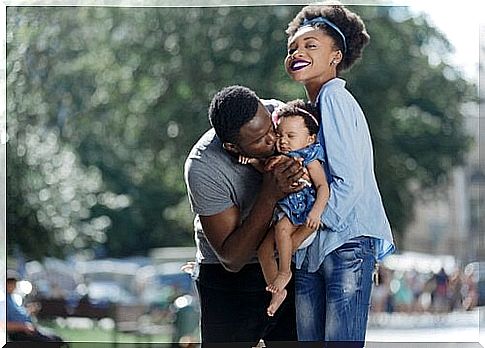
Many believe that the baby’s blood type must be the same as one of the parents. Others think it will be a combination of both blood types.
For example, if the mother is 0- and the father is A +, they believe the baby will be either 0+ or A-.
In truth, blood types are a little more complex than that. It is perfectly normal for a baby not to have the same blood type as its parents. The laws of genetics don’t work mechanically.
Various variables play a role in the formation of the blood type and the Rhesus factor. These variables need to be studied in more detail to determine the baby’s blood type .
General aspects
Blood types depend on genetic factors that are inherited. Traits from both parents play a role in creating the baby’s blood type.
There are dominant and recessive genes. Dominant genes are those that carry more weight. You have a greater chance of asserting yourself or of manifesting.
In the case of blood groups, “A” and “B” are dominant. “0” is known as a recessive gene.
Each blood group has different characteristics. Your red blood cells and plasma are different. This creates four different blood groups: A, B, 0 and AB.
Blood types
Everyone has dominant and recessive genes. Regarding the blood groups, the following combinations are possible:
- Someone with blood type AB has an A gene and a B gene.
- A person with blood type A can be either AA or A0. The dominant A gene remains predominant.
- If a person has B blood type, they can either have BB or B0. The dominant B gene prevails.
- People who have blood group 0 have two 0 genes.

Possible blood type of the baby
The combination of the parents’ dominant and recessive genes determines the baby’s blood type. There are the following 16 possible combinations:
If the father has group 0
- and if the mother has group A, the child will have group A or 0
- and if the mother has group B, the child will have group B or 0
- and if the mother has group AB, the child will have group A or B.
- and if the mother has group 0, the child will have group 0
If the father has group A.
- and the mother has group A, the child will have group A or 0
- and if the mother has group B, the child will have group 0, A, B, or AB
- and if the mother has group AB, the child will have group A, B, or AB
- and if the mother has group 0, the child will have group A or 0
If the father has group B.
- and if the mother has group A, the child will have group 0, A, B, or AB
- and if the mother has group B, the child will have group B or 0
- and if the mother has group AB, the child will have group A, B, or AB
- and if the mother has group 0, the child will have group B or 0
If the father has group AB
- and if the mother has group A, the child will have group A, B, or AB
- and if the mother has group B, then the child has group A, B or AB
- and if the mother has group AB, the child will have group A, B, or AB
- and if the mother has group 0, the child will have group A or B.
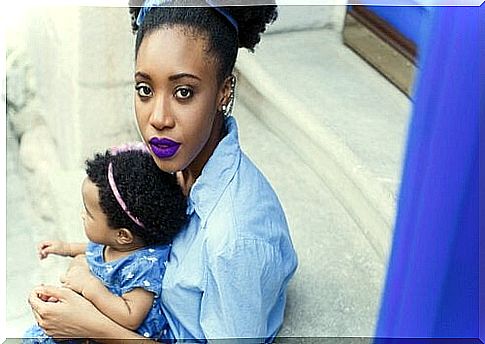
The rhesus factor
Blood sometimes contains an antigen and sometimes it doesn’t. If it contains an antigen, it is Rh positive (Rh +). If it doesn’t contain an antigen, it’s Rh negative (Rh-).
As with blood groups, the Rh factor is inherited through genes. A positive Rh factor is dominant, while a negative Rh factor is recessive.
There are 9 possibilities for Rhesus factor inheritance:
If the mother is Rh-:
- and the father Rh-, the child will also be Rh-
- if the father is Rh + (++), the child will also be Rh +
- if the father is Rh + (+ -), the child will have either Rh + or Rh-
If the mother is Rh + (++):
- and the father is Rh-, the child is either Rh + or Rh-
- if the father is Rh + (++), the child will be Rh +
- if the father is Rh + (+ -), the child will have either Rh + or Rh-
If the mother is Rh + (+ -):
- and the father is Rh-, the child is either Rh + or Rh-
- if the father is Rh + (++), the child will be Rh +
- if the father is Rh + (+ -), the child will have either Rh + or Rh-
